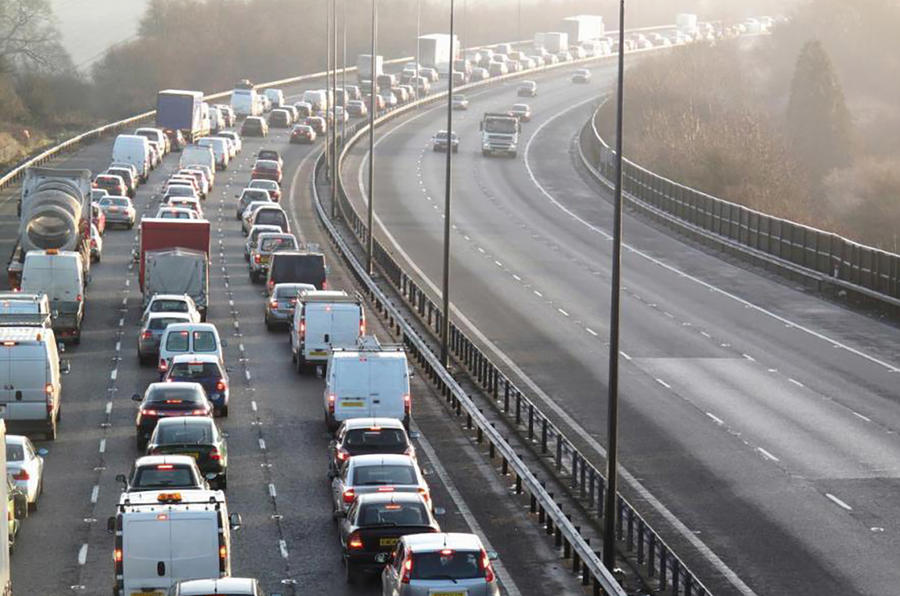The Department for Transport (DfT) estimates that 1.6% of vehicles on UK roads are currently untaxed, meaning a potential revenue loss of £94 million over the past year.
The proportion, accounting for roughly 634,000 vehicles, is lower than it was in 2017, when 1.8% (755,000) were estimated to be unlicensed, but higher than the 1.5% estimated in 2015.
The DfT’s 2019 survey on Vehicle Excise Duty (road tax) evasion, the results of which were published today, found that 9% of unlicensed vehicles were sold new in the last two years, while 43% are 10 or more years old.
It also revealed that 1.7% of private and light goods vehicles - which account for 89% of all UK vehicles - are untaxed, compared with just 0.8% of heavy goods vehicles and 0.5% of buses.
The evasion rate was found to be highest among motorcyclists, with 3.8% of all surveyed motorbikes recorded as untaxed. However, the DfT says “this figure should be treated with more caution than for other vehicle types,” because it's “much harder to collect data for motorcycles”.
The report also notes that a proportion of the estimated £94m revenue shortfall will have been recovered by DVLA enforcement activity and the payment of arrears by vehicle owners.
The DfT suggests the sharp rise in instances of road tax evasion since 2013 (when the overall figure was around 0.6%) is linked to the eradication of the paper tax disc in 2014 and a new law that means existing road tax now automatically ends when a vehicle changes hands.
Following the publication of the survey, a spokesman for the RAC said: “While it's good news that vehicle tax evasion has gone down, it's still significantly higher than it was before the tax disc was abolished in October 2014.
“To put this into perspective, evasion in 2013 was around 0.6%, and in 2015, the next point at which this survey was carried out, it had risen to around 1.4%. It’s therefore hard to see that doing away with the tax disc has been good for ensuring as many vehicles as possible are taxed for use on our roads.”
The results of the DfT's next road tax evasion survey will be published in 2021.
READ MORE
Electric car users to pay no company car tax in 2020
Matt Prior: how the Government will recoup lost fuel revenue









Join the debate
Add your comment
The bigger picture......
Nobody mentions the possibility that over the last Ten years we had the Bankers crisis(W) and then Brexit, a lot of drivers can't afford to run cars and are risking fines.
Peter Cavellini wrote:
Brexit being blamed for evading VED? Wow, that's a new one.
Perhaps it's just couldn't give two shits scum that know no one is around to do anything about it so they don't pay it. You can bet a high percentage of those not paying VED will also have not MOT or insurance. It's a very simple issue for the government to fix, it just requires funding.
How much was saved
by scrapping the logistics of the former VED disc based system?
Surely abolishing rfl and
si73 wrote:
You are right, its SO obvious, there must be something we are missing. It wouldnt even cost anything to collect, as they do it already
Perfect Solution.
But it would require a small degree of competence so obviously lacking in our politicians and the departments they run.